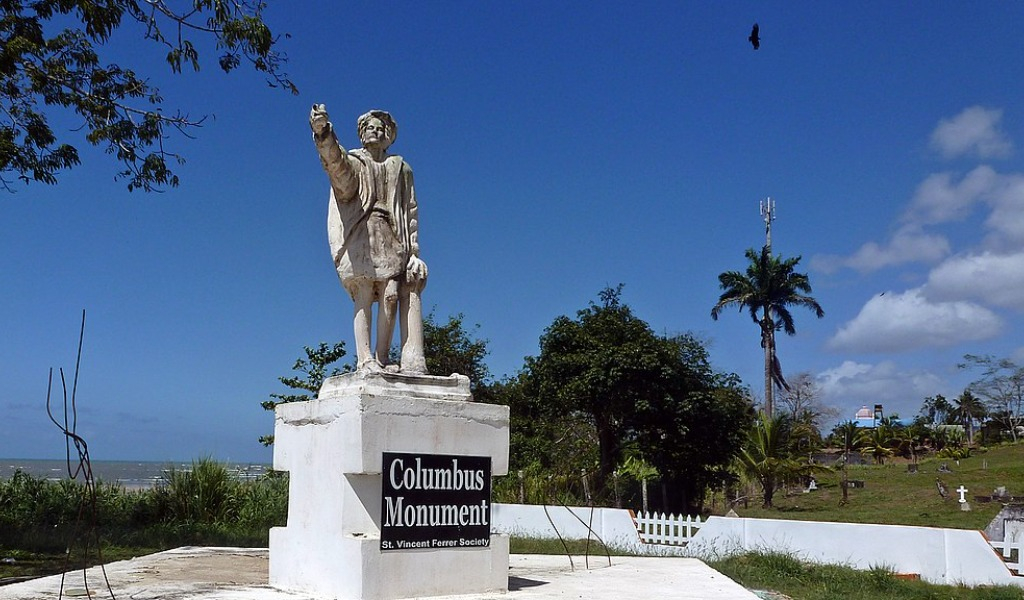Should we remove Colonial Monuments and rename our streets and public spaces? Part I
August 15, 2022

There needs to be a serious National discussion on the question of the name change to streets, highways, buildings, parks, squares, open spaces, and the removal of plaques, statues, monuments, and other memorabilia affixed to walls, etc. at this time of commemoration of our Independence and our Republican status.
Firstly, we must begin by pointing out that this is not the first time that we have witnessed such changes. It has been done in many countries, in ancient Egypt, there were name removals after a change in Pharaoh. Moses’ name is reputed to have also been removed, although no historical evidence supports this claim. Akhenaten and his wife Nefertiti had most of their catuches removed from history. Greece, the standard bearer of western cultural norms has also participated in name changes. Name removal/changes were done when musical chairs between European Empires took place in the colonies. Schools have had their fair share of name changes and universities have not been exempt from the fever of change. Churches have had their changes in names. These examples should settle the question that we are not about something radically new or revolutionary. The author will therefore not attempt any further to list examples as justification or reasons.
History is already replete with a wide range of reasons. However, there is no veil surrounding and sanctifying either the process of history at any time or any of the eminent or distinguished writers of history. It is well known that history is written by the victor or for the victor. So often, it is from the position, the perspective, and the world view of the victor and not that of the vanquished or colonized far less the victims of enslavement. However, history has constantly been revisited and rewritten from the perspective that time gives us as the new yardstick.
This return to visit historical facts and their interpretation have been the subject of new and extensive scholarship. Entire programmes, new Departments, new Faculties, and even new Universities have been created to re-investigate, revisit and rewrite history. Most notably, the history of the European Empire and their encounter with the New World, Asia, and Africa. The issue of enslavement, colonization, and imperialism have been the principal subject of this revisiting by historians the world over. The works of Thucydides, and Arnold Toynbee, as well as the eminent and distinguished West Indian History scholars, now have had their works being, not simply the subject of critical scholarship but the very period of human experience revisited with the benefit of the passage of time and greater sense humanity but to apply even greater humanity, justice, and reparation. These have become the new yardsticks for the assessment and evaluation of history. There are to be no sacred cows. None and no scholar will be exempt from the new microscopes. This will serve to give some context to my further contributions on the subject.
Winston H. E. Suite.
